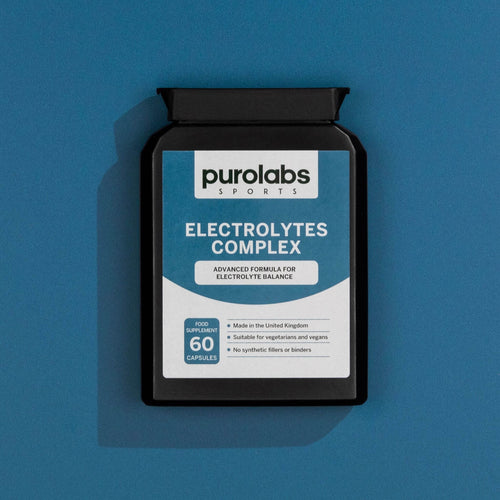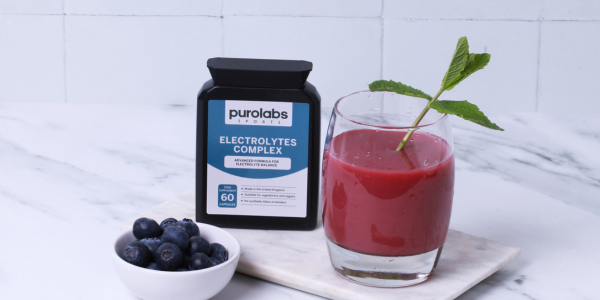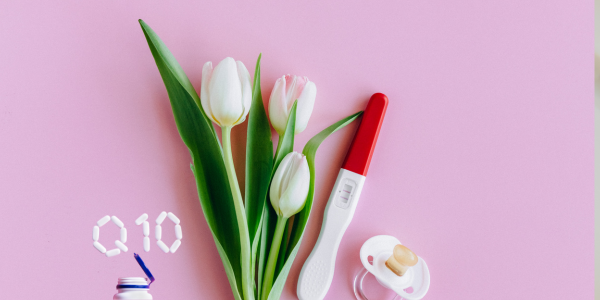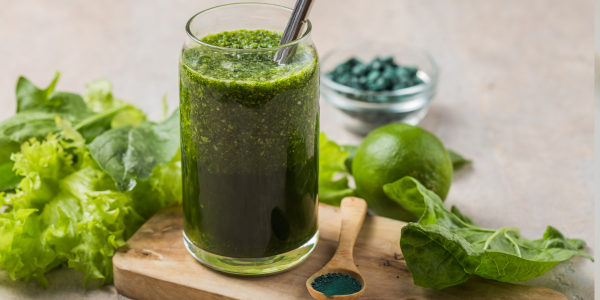For many of us, when we think of supplements – vitamins tend to spring to mind. What if I told you that supplementing your mineral intake is just as important as ensuring that you get the vitamins you need for optimal health.
What Are Electrolytes & Why Are They Important?
Electrolytes could be the one thing your body…and health is missing.
To put it simply; electrolytes are a group of minerals which carry an electric charge once ingested by the human body (aka come into contact with fluids).
The main four electrolytes that will be discussed in this article are sodium, potassium, calcium and magnesium. They are incredibly important minerals and have many roles on human health:
Sodium: Regulates fluid balance, blood pressure, nerve function, impulse transmission1
Potassium: Supports fluid balance, muscle and nerve function, regulates blood pressure2
Calcium: Crucial for bone health, muscle contraction regulation including heartbeat, normal blood clot formation3
Magnesium: Important for muscle function, nervous system and energy production. Helps maintain blood sugar and blood pressure4.
Whilst there isn’t a universal recommended ratio when it comes to electrolyte blends a ratio of 3:2 or 2:1 (sodium to potassium) is usually recommended, but it varies on individual needs5. For example, if you have familial heart disease and have high blood pressure, a different ratio with less sodium may be more suitable.
If you’d like to try supplementing with electrolytes, but are concerned about high sodium content, our electrolytes complex at Purolabs contains a favourable balance of potassium to sodium.

Electrolytes Complex
How Do Electrolytes Work?
Electrolytes carry an ion charge which travels in and out of cells. Their activity in the body induces a process called ‘action potential’. This process is the messaging carried from the brain to the various tissues in the body through neurons, to trigger an action i.e. contract muscle.Electrolytes stimulate messages to control nerve function, hydration, blood pressure and fluid balance within the body to name just a few6.
Common Signs That Your Electrolyte Intake Is Low
Whilst these are usually tell-tale signs of low electrolytes in the body, do check with a licensed practitioner if your symptoms are chronic and/or severe7:
- Poor gut health; chronic bloating, diarrhoea & constipation are common signs
- Dizziness, motion sickness
- Headache
- Cramps and/or muscle twitches and spasms
- Low blood pressure (in particular low systolic blood pressure)
- Fatigue; acute and/or persistent
- Nausea
- Increased thirst
What Can Cause Low Electrolytes?
There are many factors which can potentially increase the risk of low electrolyte levels in the body. If you recognise any of these yourself, electrolytes could be a great addition to your supplemental toolkit.
A Low Carbohydrate Diet/Fasting
A low carbohydrate diet and/or fasting tends to lead to a drop in insulin levels. When insulin is low, the kidneys can excessively excrete minerals, in particular sodium, from the kidneys to recreate balance in the body. This can lead to fatigue, dehydration, cramps and what is known as the “keto flu”. 8
It's important to note that individuals at risk or have metabolic conditions like type 2 diabetes may benefit from a low carb diet to improve insulin sensitivity. If that is the case, then I would highly recommend for you to supplement with electrolytes.
A Recent Illness
If you have had an acute bout of illness like gastritis or a sick bug that has caused sickness and diarrhoea, the body tends to lose a large concentration of electrolytes over a short period of time.
Electrolytes may help to rehydrate you and improve the fatigue associated with an acute short-term bout of sickness and diarrhoea.
Alcohol Consumption
A very useful hack when it comes to hangover cures are to ingest electrolytes before your head hits the pillow and the morning after a night of drinking.
Alcohol strips the body of minerals and electrolytes and leads to dehydration which is a significant driver of the symptoms that accompany a hangover.
Poor Gut Health
Unfortunately, it is common for digestive dysfunction to hinder nutrient absorption.
Conditions like IBS, coeliac disease and common inflammatory gut conditions like Crohn’s disease and ulcerative colitis are generally linked to poor nutrient absorption; including minerals9.
A Very Active Lifestyle
This can also include anything that triggers sweating either profusely or chronically. An active lifestyle, sauna use and even hormonal changes like menopause can increase body temperature and induce sweating10.
Drinking Too Much Water
Yes, you can get too much of a good thing…even water.
Drinking too much water dilutes the concentration of electrolytes in the body. As mentioned, electrolytes are electrically stimulated by water, however too much water can tip the ratio of electrolytes to fluid and lower electrolyte concentration.
Whilst water needs will vary based on individual needs, a general aim of 1.5-2.5 litres of water is recommended for most people.
Certain Medications
A common group of medications which can affect electrolyte balance are diuretics. If you are taking medication and are concerned that it’s impacting your electrolyte levels do check with a licenced medical practitioner.
Natural Sources of Electrolytes
An array of fruits and vegetables can carry essential minerals that help support electrolyte balance11.
Foods that are rich in electrolyte minerals are:
Potassium: Bananas (all fruits contain varying levels of potassium), sweet potatoes, mushrooms, spinach, pulses, tomato, avocado12
Sodium: Gherkin juice, nuts & seeds, canned seafood, cottage cheese, olives
Calcium: Leafy greens, fatty fish (with bones), dairy, calcium fortified foods.
Magnesium: Leafy greens, dark chocolate, nuts & seeds
Pink Himalayan sea salt and coconut water are sources which contain a favourable balance of several electrolyte minerals.
Who Should Take Electrolyte Supplements
Whilst electrolytes can be a great complementary addition to most people’s supplement routines, there are particular groups of people who may need to consider electrolyte intake a little more closely:
- Those who are very active. This isn’t exclusive to athletes but those who have an active lifestyle
- Those on a diet which restricts carbohydrate intake
- Lifestyle changes like menopause, in which sweating is a common side effect
- Those who suffer with gastrointestinal disorders and ongoing gut symptoms like constipation, diarrhoea
- Those who are prone to fatigue and brain fog.
I do recommend electrolytes frequently for skin health, as skin needs to be hydrated to be healthy. Electrolytes are incredibly useful for inflammatory skin conditions, anti-ageing and for dry skin.
Electrolyte Supplements: Always Read the Label
Glucose is added as it can enhance the absorption of minerals (in particular sodium) from the intestines. However, if you’re looking to support metabolic health, have an inflammatory skin condition like acne or are on a low carbohydrate diet, then I would recommend avoiding supplements with added glucose.
When I first started out as a nutritionist, it was pretty difficult to source electrolytes without added sugar/glucose. I wanted to source an electrolyte blend that did the job but also didn’t have the potential to spike blood glucose.
Purolabs electrolytes complex contains optimal levels of all four minerals without any added nasties and any sugar. This supplement is perfect for those who wish to add a consistent and clean dose of electrolytes into their routines.
It’s free of binders, fillers, preservatives and is non-GMO. All that plus it’s still one of the few electrolyte supplements on the market without some form of added sugars included (and I’m talking both artificial and ‘natural’ sugars). Definitely a favourite recommendation of mine.

 Beauty
Beauty
 Bone Health
Bone Health
 Brain Health
Brain Health
 Energy
Energy
 Eye Health
Eye Health
 Gut Health
Gut Health
 Hair
Hair
 Hormonal Health
Hormonal Health
 Heart Health
Heart Health
 Immunity
Immunity
 Joints
Joints
 Menopause
Menopause
 Pregnancy
Pregnancy
 Kids
Kids
 Sleep
Sleep
 Stress & Mood
Stress & Mood




















